#antebellum era
Explore tagged Tumblr posts
Text






Bonaventure Cemetery
Savannah, Georgia
#Georgia#film photography#35mm#analogue#photographers on tumblr#original photography#southern goth aesthetic#southern gothic#cemetery#Savannah#bonaventure cemetery#spanish moss#oak trees#abandoned#civil war#antebellum south#antebellum era#spooky#old growth forest#reclaimed by nature
953 notes
·
View notes
Text
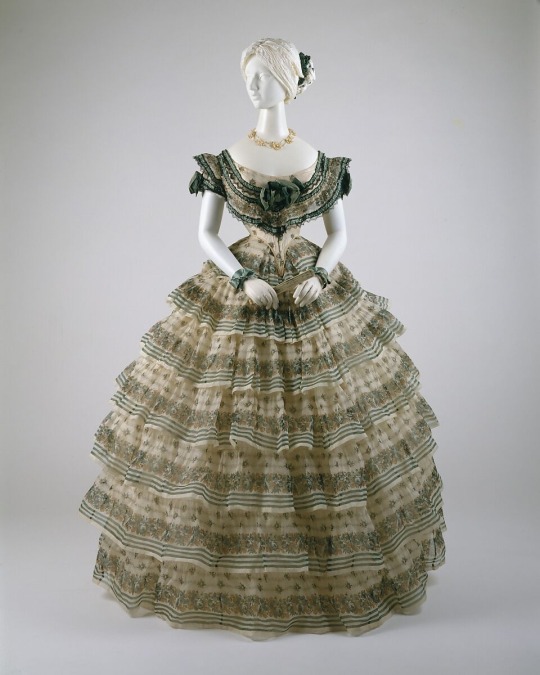
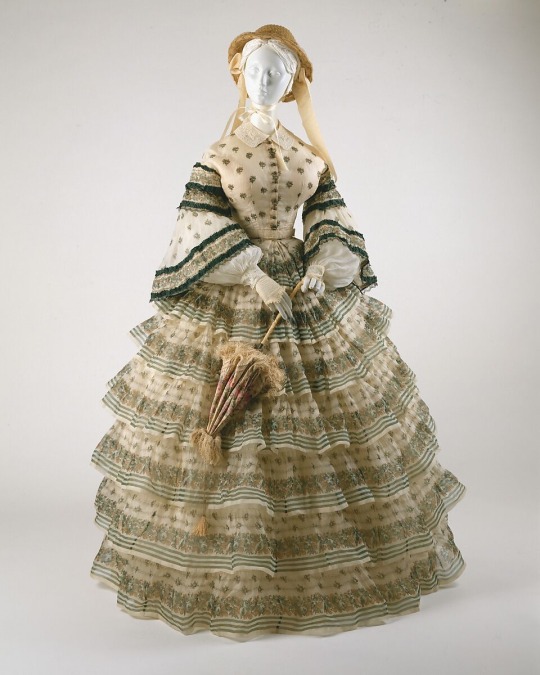
American or European silk ensemble, ca. 1855
#victorian fashion#victorian#victorian dress#victorian ensemble#victorian aesthetic#victorian era#antebellum#antebellum era#antebellum fashion#antebellum dress#1850s#1850s fashion#1850s dress#circa 1850#1855#historical fashion#fashion history#dress#long sleeves#historic fashion#the metropolitan museum of art#the met#girlblogging#girlblog#coquette#waif#waifspo#fashion#fashion ideas#fashion inspo
64 notes
·
View notes
Text
so long suckers! i rev up my motorcycle and create a huge cloud of smoke. when the cloud dissipates i am lying basically dead on the floor of congress
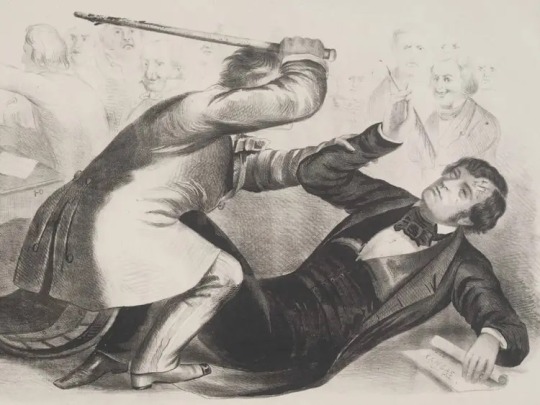
114 notes
·
View notes
Text


ROBERT TODD LINCOLN at the Dedication Ceremony for the LINCOLN MEMORIAL, 1922, Colorized by Yours Truly.
10 notes
·
View notes
Text
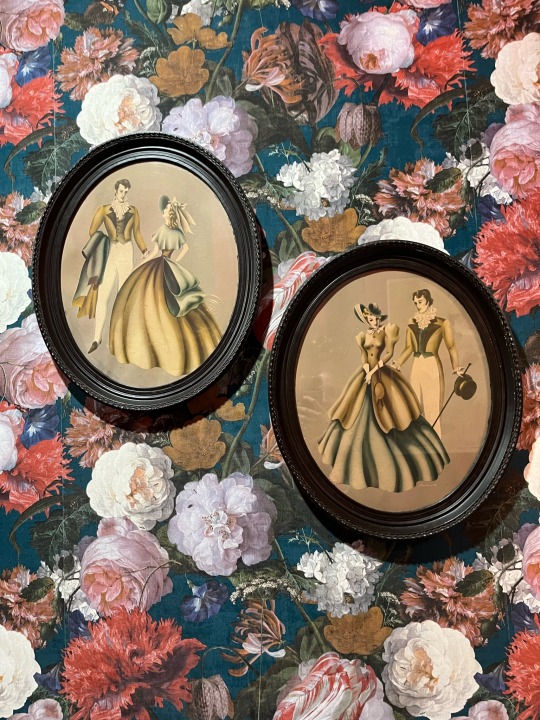
#vintage#antebellum south#antebellum era#cottegecore#dark academia#light academia#southern gothic#coquette#coqette
8 notes
·
View notes
Text
Imagine a US president being your comfort character
#ya’ll wild#us president#I was looking for#antebellum (2020)#but found#antebellum era#this chick’s comfort character is#ANDREW JACKSON#nah
4 notes
·
View notes
Text
So I stumbled across this meme on reddit...
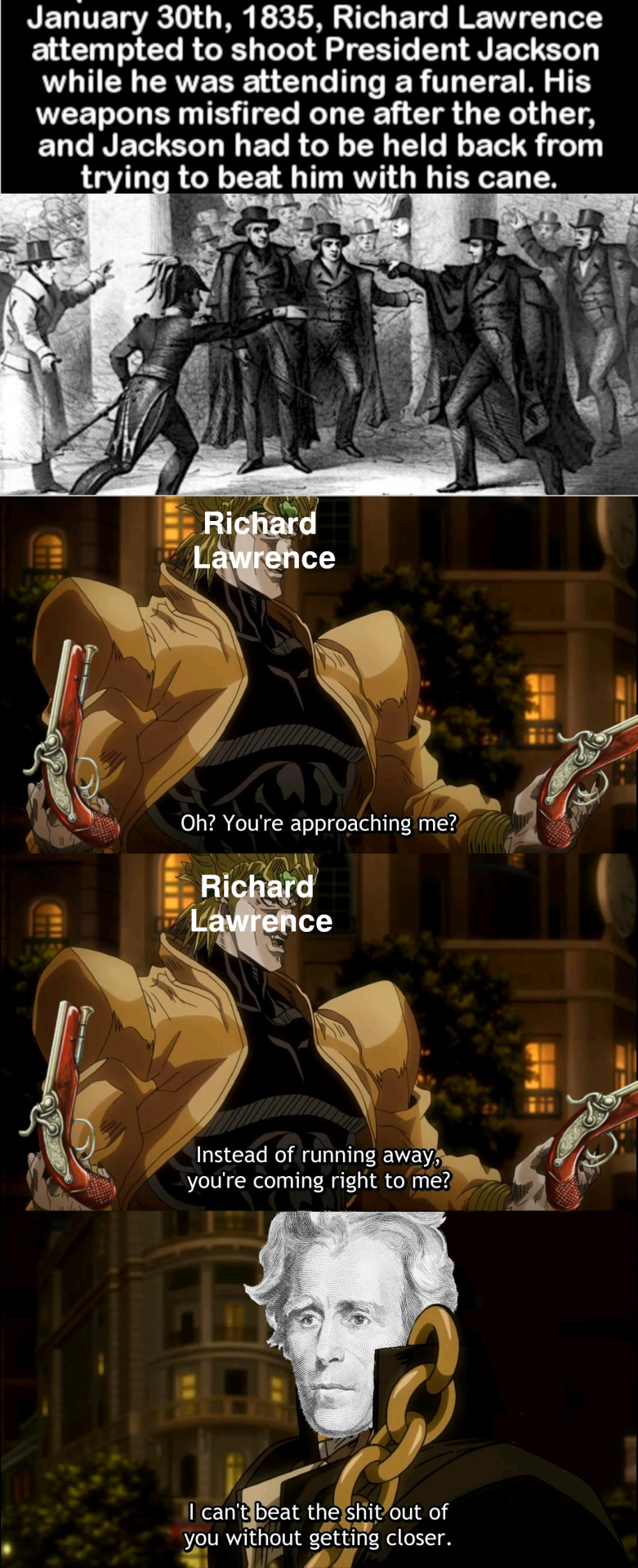
But the comments section had the real gold:
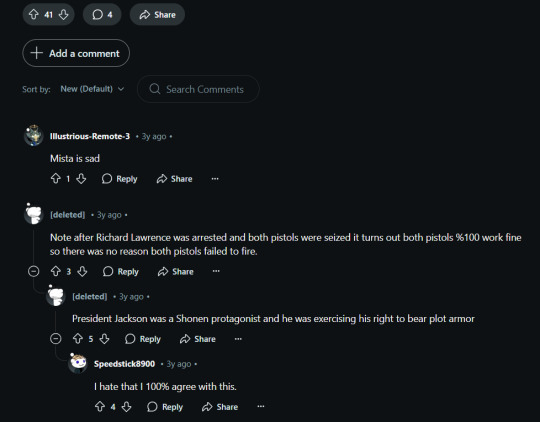
#anime and manga#andrew jackson#richard lawrence#us presidents#usa#american history#amrev#amrev fandom#napoleonic era#america#united states of america#united states#historical figures#antebellum#jojo's bizarre adventure#dio brando#jojo meme#jjba#jjba part 4#jojos bizarre adventure#jojo no kimyou na bouken#jojos bizzare adventure fanart#amrev history#amrev memes#american#assassination attempt
142 notes
·
View notes
Text

dinning room
Savannah, Georgia
#Savannah#Georgia#35mm#analogue#film photography#photographers on tumblr#original photography#antebellum era#travel photography#architecture#interior design#ghost coast#southern living#old house#southern belle#southern gothic#southern gothic aesthetic
75 notes
·
View notes
Text
it's pretty crazy how it was considered law and a social dynamic within american society for black americans to be subservient to white americans until the 1960s.
we think of the jim crow era as solely about businesses being segregated but really the core of it was about enforcing and building a society based on the idea of black being subservient to white.
#it's why the lives of black americans and white americans were still linked thru black ppl being forced into#subservient jobs like nanny/driver/cook etc#the social dynamics of the antebellum era never truly died until the civil rights era#idk why im suddenly thinking of this.. lol i should be writing my assignment for class hahaaaa
21 notes
·
View notes
Text
Are the bad bitches on Tumblr dot com interested in learning about my AmRev/antebellum oc Miss Cochrane. Might have to soft launch her here but I'm scared of the Hamilton fans. You'll find out why if I post her
#amrev#oc#antebellum#i havent interacted with the hamilton fandom since 2017 idk what theyre like anymore#i hope we have moved on from that era but alas you can never be too safe
14 notes
·
View notes
Text
turning a big dial taht says “Racism” on it and constantly looking back at the audience for approval like a contestant on the price is right

17 notes
·
View notes
Text
@antebellumbitch
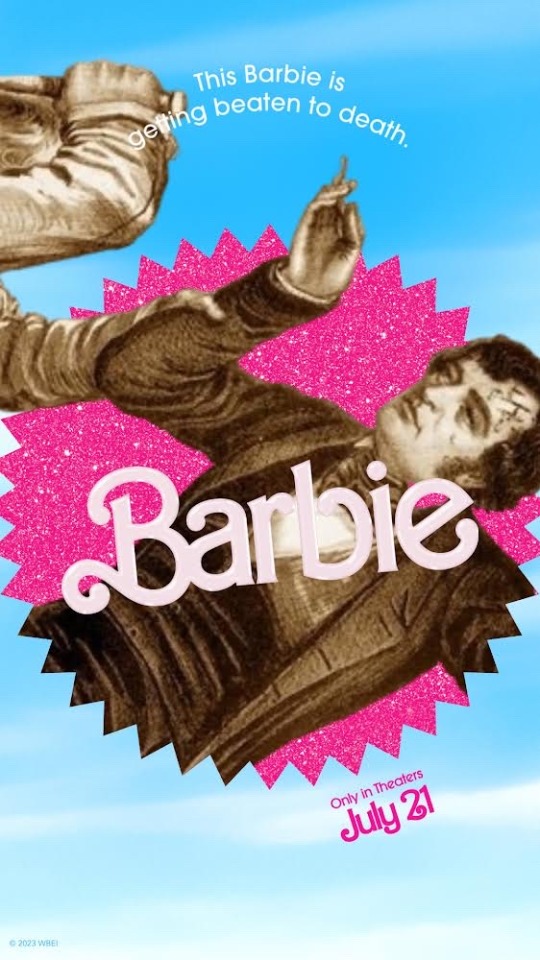


rejected historical barbies
27 notes
·
View notes
Text









- Jacqueline Jones, “"My Mother Was Much of a Woman": Black Women, Work, and the Family under Slavery”
4 notes
·
View notes
Text

Breastfeeding Mother, 1850s
#antique photo#antique photography#victorian photography#victorian era#breastfeeding#antebellum#mother and child#mother and baby#1850s#in the past#way back when#a long time ago
6 notes
·
View notes
Text

I don't think there's a real life instance that fits this meme better than this lol.
#abigail adams#john adams#john quincy adams#jqa#us presidents#amrev memes#american history#amrev fandom#amrev#america#amrev history#american#american revolution#presidency#usa#antebellum#napoleonic era#united states of america#us history#presidents#nine months in my womb making me suffer
39 notes
·
View notes
Text

America I love you - but you're bringing me down.
Savannah, Georgia
#savannah#georgia#35mm#film photography#analogue#photographers on tumblr#original photography#antebellum era#southern living#southern architecture#american flag#spanish moss#oak tree#southern gothic#independence day
14 notes
·
View notes